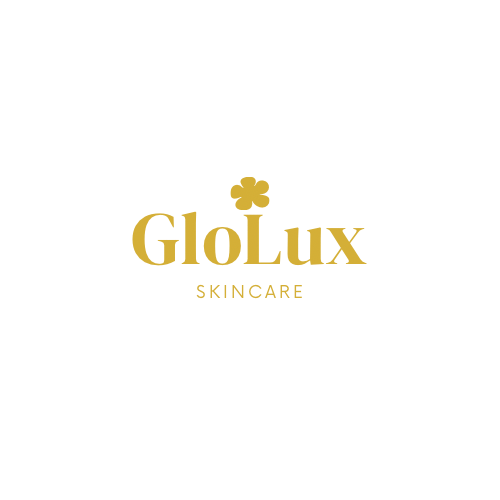When it comes to skincare, there are countless myths and misconceptions floating around. From miracle products to secret remedies, it can be difficult to separate fact from fiction. In this blog post, we will debunk some common skincare myths and provide you with the truth about what really works for clear skin.
Myth 1: You need to spend a fortune on skincare products
Contrary to popular belief, you don't need to break the bank to achieve clear skin. Expensive products may have fancy packaging and celebrity endorsements, but they don't guarantee better results. The key is to find products that are suited to your skin type and address your specific concerns. Look for ingredients like salicylic acid for acne-prone skin or hyaluronic acid for hydration.

Myth 2: Washing your face more often will prevent breakouts
While it's important to keep your face clean, over-washing can actually do more harm than good. Washing your face twice a day, once in the morning and once at night, is sufficient. Use a gentle cleanser that doesn't strip your skin of its natural oils. Over-cleansing can lead to dryness, irritation, and even more breakouts.

Myth 3: Sunscreen is only necessary on sunny days
Sunscreen is a non-negotiable step in any skincare routine, regardless of the weather. UV rays can penetrate through clouds and windows, causing damage to your skin. Make sure to apply a broad-spectrum sunscreen with at least SPF 30 every day, even on cloudy or rainy days. This will protect your skin from premature aging, sunburns, and the risk of skin cancer.

Myth 4: Popping pimples makes them go away faster
It's tempting to squeeze that pesky pimple, but resist the urge. Popping pimples can lead to inflammation, scarring, and even more breakouts. Instead, apply a spot treatment containing benzoyl peroxide or tea tree oil to help reduce the size and redness of the pimple. If you're struggling with acne, it's best to consult a dermatologist for personalized advice and treatment options.

Myth 5: Natural remedies are always better for your skin
While some natural ingredients can be beneficial for the skin, not all natural remedies are effective or safe. Lemon juice, for example, is often touted as a natural remedy for acne or hyperpigmentation, but it can actually cause irritation and photosensitivity. It's important to do your research and consult with a skincare professional before trying any DIY remedies.

Myth 6: Exfoliating every day is good for your skin
Exfoliating can help remove dead skin cells and reveal a brighter complexion, but doing it too frequently can damage your skin's protective barrier. Over-exfoliation can lead to redness, dryness, and sensitivity. Stick to exfoliating once or twice a week using a gentle scrub or chemical exfoliant like glycolic acid or lactic acid.

Myth 7: Oily skin doesn't need moisturizer
Even if you have oily skin, moisturizer is still an essential step in your skincare routine. Skipping moisturizer can actually make your skin produce more oil to compensate for the lack of hydration. Opt for lightweight, oil-free moisturizers that won't clog your pores. Look for ingredients like niacinamide or hyaluronic acid to help balance oil production.

Myth 8: Skincare products can shrink your pores
Contrary to popular belief, you can't physically shrink the size of your pores. However, you can minimize their appearance by keeping them clean and unclogged. Use a gentle cleanser and exfoliate regularly to remove dirt, oil, and dead skin cells. Additionally, products containing retinol or niacinamide can help improve the overall texture and appearance of your skin.

By debunking these skincare myths, we hope to provide you with a clearer understanding of what really works for achieving and maintaining clear skin. Remember, consistency is key, and it's important to listen to your skin's needs. If you're unsure about which products or treatments are right for you, consult a skincare professional for personalized advice.


